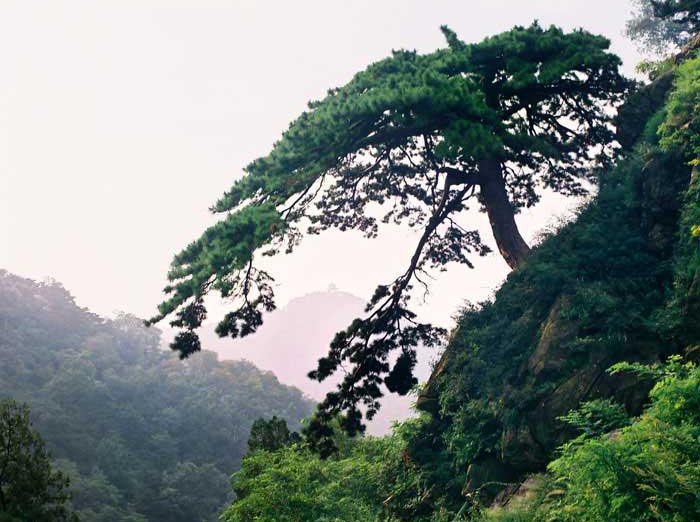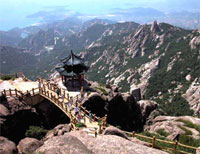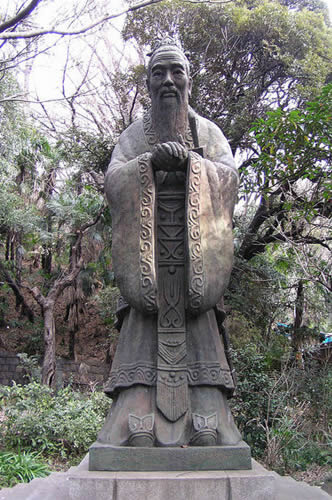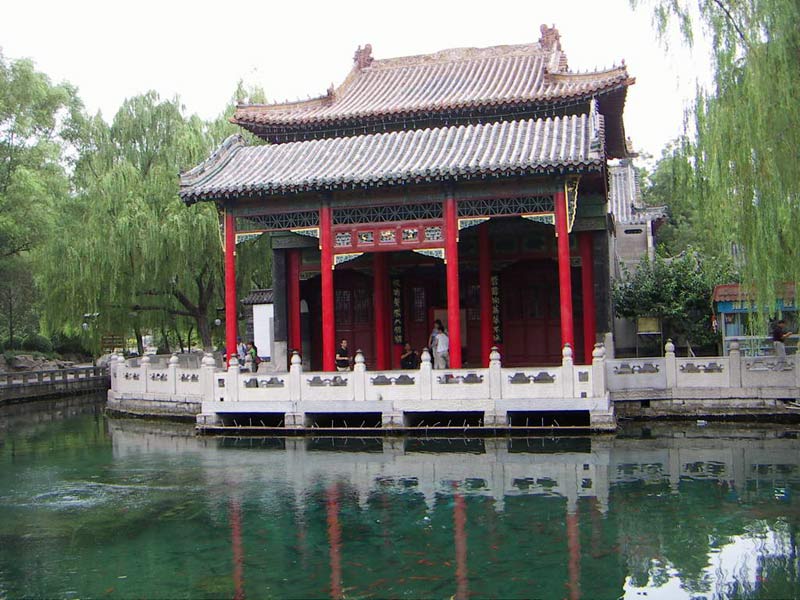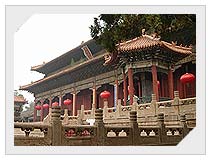Shandong Tourism
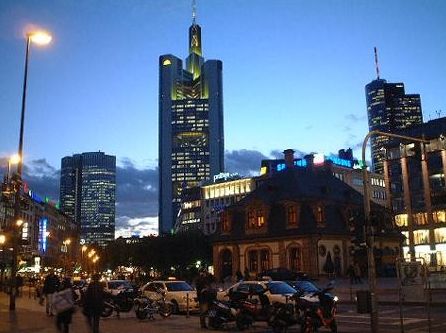
-
Province:Shandong (Chinese: 山东, Pinyin:Shāndōng)
-
Population :94,000,000
-
Area :156,700 square km (60,500 sq mile)
-
Overview:Shandong Province is located in the lower reaches of the Huang He (Yellow River) and extends out to sea in the form of the Shandong Peninsula.
Overview
In the middle of Shandong Province stand the towering mountains, Mt. Tai ranking first in China's five sacred peaks, and with rich culture relics, it has been included in the "world natural and cultural heritage list" by the UNESCO. Besides the scenic spots, with time-honored history, Shangdong enjoys a reputation of being the "hometown of Confucius and Mencius, and the land of ceremony and propriety".
Know More
Shangdong, Confucius Bird
Shangdong enjoys a reputation of being the "hometown of Confucius and Mencius, and the land of ceremony and propriety". In the Chinese history, Shandong has given birth to the Yellow Emperor Xuanyuan, the founder of the Chinese nation, as well as to a large number of hostorical and cultural celebrities who have still exerted significant influence on the Chinese culture. For instance, Confucius, who was born in Qufu, the capital of Lu State in ancient times, is a great thinker, educator, sage and teacher. He created Confucian doctrines, which have become the pillar of traditional Chinese culture, and exerted great influence in the world. Various schools of thoughts and their exponents, such as Mencius, Mo Zi, Xun Zi, Zhang Zi, Guan Zhong, and Yan Ying, who were very active states of Qi and Lu, created the most splendid chapters in China's pre-Qin ideological and academic history.
Confucius ' theories and teachings would eventually be known simply as Confucianism. His core belief stresses the idea of Ren, which is approximately translated as benevolence, something he felt that society sorely lacked. Confucius traveled extensively, hoping to influence local leaders. On his travels he picked up a large following after his death, thus laying the foundation for the Confucian school of thought, which continues to influence Asia today.
Local Conditions and Customs
With strong local customs, the Shandong people attach great importance to affection for the hometown, friendship and emotional attachment among the family members. At the Spring Festival, Dragon Boat Festival, Mid-Autumn Festival and Double Ninth Festival every year, the Shandong people hold various kinds of folk recreational activities, such as lantern and kite shows, mountain and temple fairs, moon appreciation assembly, get-together parties, etc. Tourists are welcome to participate in printing New Year pictures and preparing Jiaozi (dumplings with meat and vegetable stuffing), eat sweet dumplings make of glutinous rice flour, play the dragon lantern, do the Yangko dance, fly kites, go for a walk in the countryside in spring, climb mountains to appreciate chrysanthemums, pay homage to Buddha. If you have interest, you may live at a local family to eat and chat with the family members, experiencing the simple and strong folk customs.
Shandong's regional culture has its own characteristics and varieties. The time-honored traditional arts and crafts, such as kites, woodcut New Year pictures, paper-cuts, cloth toys, gloassware bottle whose interior is painted with landscape, figures or flowers, and Shandong embroideries and brocades and inkslabs, as well as Lu Opera, Liuzi Opera and Shandong Bangzi, martial arts and acrobatics, have been well received by tourists.
Must see
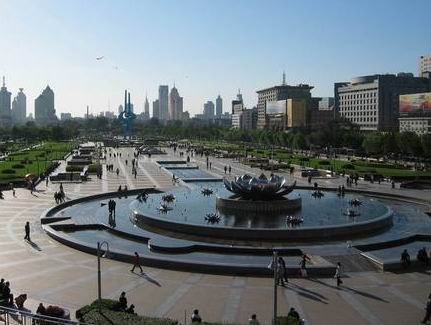
Jinan, the capital of Shandong Province is located at the foot of the Mt. Tai and by the Yellow River. With several hundred springs, Jinan is known as the city of springs. Besides, as the birthplace of Longshan culture, Jinan, boasts the oldest one-story stone pagoda in China ...more
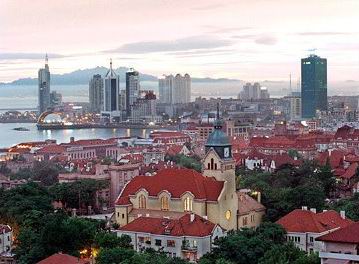
Despite having no island, Qingdao is deceptively named "Green Island" in Chinese, its clean beaches, Eurpean architecture and great beer inspired from Lao Shan's crisp spring water makes this city an idyllic getaway to spend a few relaxing days strolling along the boardwalk while watching the sunrise over the ocean...more

